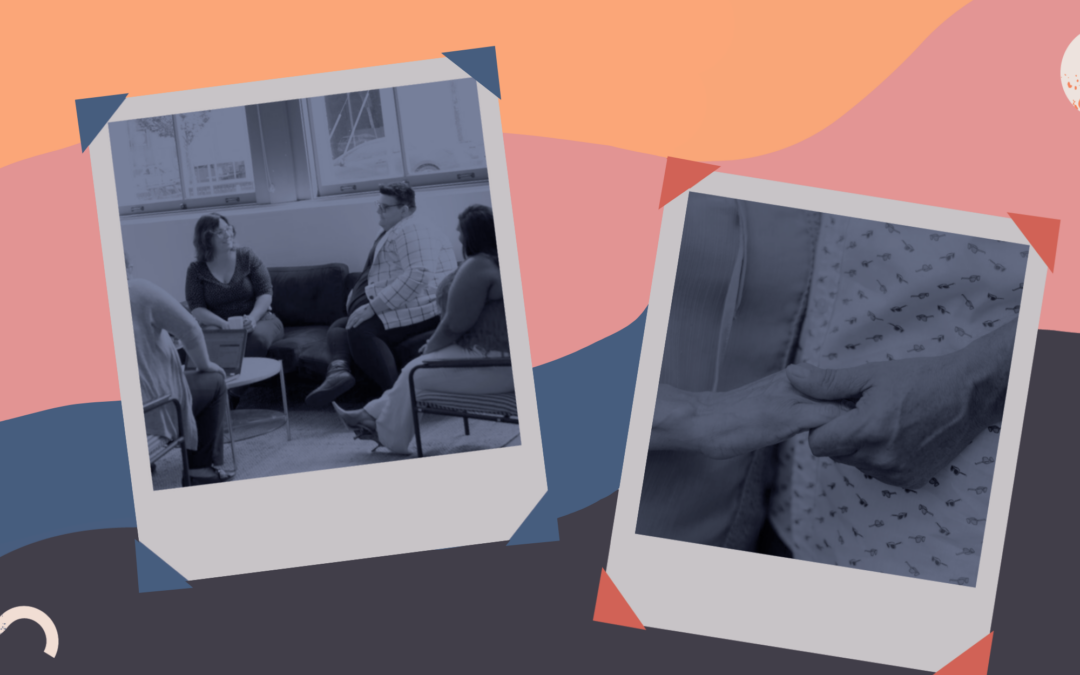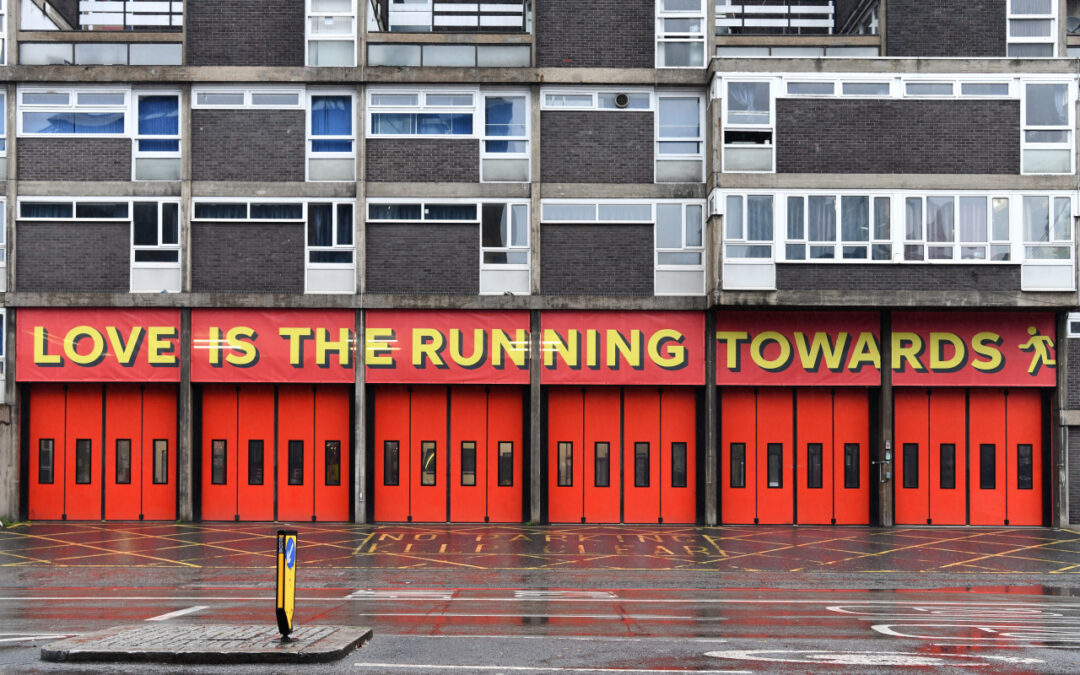In November 2023, we shared our very early stage thinking around a Pattern Library for Relationship-Centred Practice and invited anyone who was interested to join us in developing the idea. Through their thoughtful feedback and ideas, our Critical Friends have brought our thinking a long way.
In this blog post, we share where we’ve got to, what we’ve learnt, and the things we’re still grappling with.

Background
Over the past 5 years, we at the Relationships Project have had the privilege of learning alongside hundreds of Relationship-Centred Practitioners about how they put relationships first in their communities, organisations and systems. Through these conversations, we’ve learnt that:
-
Just like every relationship is unique, our approach to building them must be reflexive and adaptable. There can be no ‘cookie cutter’ approach to relational work: it must be informed by the context in which it is taking place and the people who are involved
-
Whilst relational work is necessarily shaped by context, there are common ‘patterns’ that we witness across sectors and specialisms; behaviours, competencies and conditions which underpin and enable relationship-centred practice
That got us thinking: If these patterns keep on arising, how might we support relationship-centred practitioners to learn from one another’s hard-earned wisdom so they can better navigate common questions and challenges that arise when working relationally?
The idea
The Pattern Library is a digital, community-built wayfinder which provides support and guidance to those looking to embed relational ways of working into their community, organisation or system.
The Library is framed around recurring challenges and questions that come up in relational work, and the approaches that help to overcome them (‘Patterns’).
100 brilliant relationship-centred practitioners have put themselves on the Relationships Map (if you’re one of them, thank you! If you’d like to be one of them, head here). In doing so, they’ve been sharing the challenges that they face in putting relationships first. These include things like:

Negotiating boundaries and expectations in relational work
How can relational practitioners set, maintain and regularly review appropriate boundaries and realistic expectations in their work?

Relational safeguarding
How can safeguarding policies support and enable relational work, whilst maintaining the safety of all involved?

Building relationships across a power dynamic
How can we build trusting, accountable, mutually beneficial relationships between organisations where there is a notable power discrepancy?

Establishing relationships across lines of difference
How can trusting, open relationships be established between individuals and groups who see themselves as having little in common with one another (or who have a history of tension or conflict)?

Navigating conflict and difficult conversations
How can practitioners approach difficult but necessary conversations whilst maintaining a trusting relationship?
Each ‘Pattern’ in the library will share:
- Insight and framing around the challenge or question
- Hard-earned practitioner wisdom and learning about how to approach or overcome it
- Practical support and advice for navigating the challenge
- Signposts to useful resources and training
- Opportunities to connect with others in a similar situation and discuss the challenge together
Feedback so far
Thank you to everyone who has shared their thoughts and feedback on this idea already. It’s impossible to do it all justice succinctly, but here’s a flavour of what we’ve heard:
- The Library must embody the practice it explores
- Avoid jargon and overly academic or clinical language
- Include opportunities to connect with others facing similar challenges, or with wisdom to share
- We all learn in different ways
- Some of us learn best through reading, others through listening, and others in conversation
- The Pattern Library should include content in different formats and medias
- The formats we use should be accessible to all
- We all search in different ways
- The categorising of patterns needs to be self-evident and easy to understand
- Multiple disciplinary perspectives unlock new ways of thinking
- Context is crucial, but hearing how others in very different situations have approached something can help us think outside the box
- Quality over quantity
- Whilst the questions that arise in relational work are numerous, our focus should be on developing a small number of thoughtful Patterns. Quantity will come with time, and collaboration
Thing we’re still grappling with
We particularly appreciated being stretched on who this Library is for, the need to reflect diverse perspectives from the outset, and the kinds of Patterns that would be of the most benefit to this community. We also have to be honest; like everyone else we’re working with a set of constraints which affects how we think about what we can deliver and continue to invest in as the Library evolves.
Whilst we’re in this very early stage of development we’d like to share what we’re grappling with as an invitation for those who may have been in similar situations, or seen how others have responded, to get in touch and share your wisdom. The questions on our mind include:
- How can we include diverse perspectives and experiences in the Pattern Library, including those of “service users” or people with lived experience?
- How can we go beyond our existing relationships when developing content for the Pattern Library, expanding the wisdom and perspectives that it incorporates?
- How can the Pattern Library support practitioners to make progress or get ‘unstuck’ whilst staying true to the depth and complexity of the challenges we face as relational practitioners?
- What are the most pressing and recurring challenges or questions that come up for relationship-centred practitioners, and that we should prioritise in the development of the Library?
More from the blog

A birth and a knock to the head
When we’re unwell, how does the compassion that healthcare workers give (or fail to give) shape our experiences and health outcomes? In this blog, Rosa explores these questions, and shares two personal experiences that have shaped her thinking - (accidentally) giving...

Four signs: Love is the running to strangers
In this short, personal blog, David reflects on the power of kindness, and runningthrough fire.Early one morning "I’m leaving today." "Leaving?" I said, puzzled by the early morning call and pushing back sleep, "Where are you going?" "Leaving," she said slowly,...

Our plans for a Relational Practice Academy: Where we’ve got to
In David Robsinon’s LSE lecture in 2023, he talked about the idea of responding to the increasing demand for knowledge about relationship-centred practice by developing a new training institution. We published a blog last autumn setting out more detail and invited...
